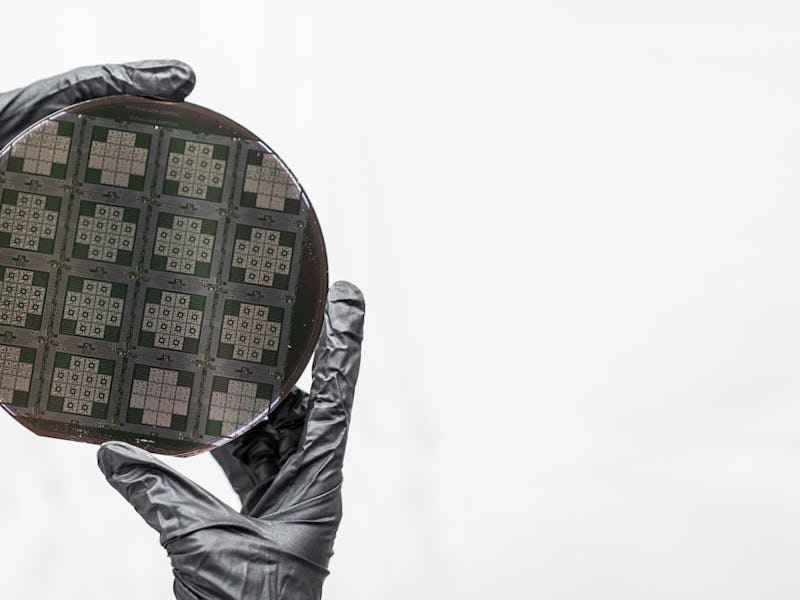Why Rigetti Computing Could Beat Google and Intel to the Quantum Computer
Rigetti Computing has a big task ahead of itself.

Rigetti Computing wants to create a whole new type of computer that uses quantum physics to supercharge artificial intelligence.
The startup, based out of Berkeley, California, is facing off against Google, IBM and Intel, all of which are aiming to build a stable quantum computer. The first company to pull it off effectively could see itself at the heart of a computing revolution, and there’s reason to think Rigetti could get there first.
“This is going to be a very large industry—every major organization in the world will have to have a strategy for how to use this technology,” Chad Rigetti, the 38-year-old founder of the company, told Wired in June.
Unlike regular computers, which store information in bits made up of either zeros and ones, quantum machines can use both zero and one at the same time in what’s called a “qubit.” It sounds like a small change, but it enables computers to run more tasks at once. Just 50 qubits can represent 10,000,000,000,000,000 numbers, a scale a regular computer would need petabytes of data to hold.
This could lead to a big shift in power. Yuri van Geest, founder of SingularityU in the Netherlands and an expert in the singularity, said at last year’s Pirate Summit in Cologne, Germany, that a quantum computer will be built that has the same computational power as every computer on earth today combined. It could lead to a “new era on this planet,” as analytical jobs fall aside in the face of ultra-powerful machines. There’s a big reward up for grabs to the first company that harnesses this.
Intel’s director of quantum hardware, Jim Clarke, holds the new 17-qubit superconducting test chip.
Google and Intel have both experimented with quantum computers to varying results. Google recently announced that it will be ready to show “quantum supremacy” — a machine that is better than a regular computer at specific tasks — in a matter of months, and it’s conducted experiments with nine qubit systems. At the same time, Intel has taken the wraps off a 17-qubit chip, but it requires a temperature 250 times colder than deep space to operate effectively.
But Rigetti is taking a different approach. The startup, which has around 80 employees and $70 million in funding, is building a business from scratch geared around quantum computers.
8-qubit quantum processors manufactured by Rigetti Computing.
It’s released a public beta environment, Forest, so developers can get to grips with how these systems work. This beta is built on Quil, a programming language for quantum and classical computers, meaning programmers can leverage the best parts of both.
Users can take advantage of up to 30 simulated qubits in their design, and through a cloud-based system they can run their creations on real machines. Fab-1, the facility in Fremont, California, that’s producing these chips, can produce a new design in just two weeks. Rigetti’s focus on quantum computing as a business rather than a project has led to this approach that can hook developers in before reaching “quantum supremacy.”
The Fab-1 lab.
“Existing companies, when faced with profound technological change, must adapt an existing machine to produce a new kind of work output,” Rigetti said in a Medium post announcing the release of Forest in June. “Startups have the opportunity and imperative to build a fundamentally new kind of machine to produce that new work output.”
Whether Rigetti holds up to promise remains to be seen, but the potential results may make the risk worth it. A machine that can instantly solve puzzles, crunch through data and provide smart results in a flash.
“The promise of a large quantum computer is incredibly powerful,” Brendan Dickinson, an investor in quantum computing for Canaan, told the New York Times. “It will solve problems we can’t even imagine right now.”